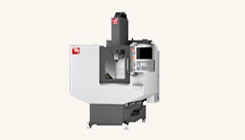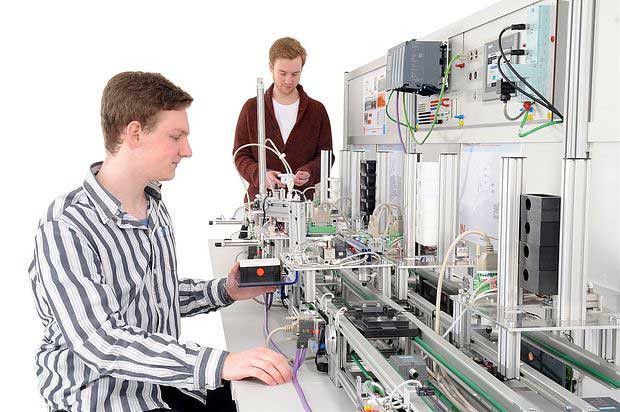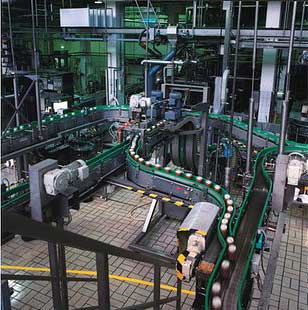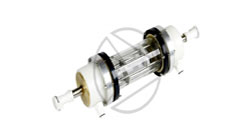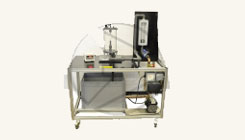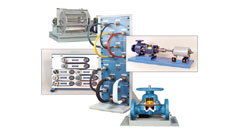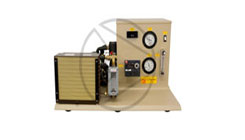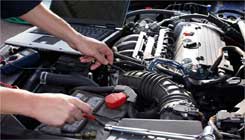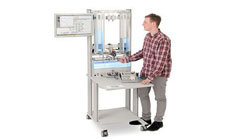Acquire practical and project-oriented laboratory skills and expertise :
Automation trainers, mechatronics trainers, CNC Machines Subjects :- Pneumatic and Hydraulic Labs
- CNC Mill, Lathe, 3D Printer, Routers
- Automation technology
- Safety Technology
- Smart Factories
- Robotics
- IMS Industrial Mechatronics System
- IPA Industrial Process Automation
- CIM Computer Integrated Manufacturing
IMS Industrial Mechatronics System
The "Industrial Mechatronics System" (IMS) allows industrial-type automated installations of varying degrees of complexity to be modelled. IMS is a modular system that can be employed with great flexibility and the modular design also makes it easily extensible. This means that systems can be put together taking into account students’ previous knowledge and can be expanded as they learn more.
IPA Industrial Process Automation
From closed-loop control of individual systems to flexible automation of entire processes, the various courses convey the fundamental, the principles and the properties of components used in automated processing and production plant with the aid of animations and numerous experiments involving authentic equipment. Multiple experiments cover investigation of controlled systems, determination of step responses and optimisation of control loops. Training also covers the use of useful aids such as Bode and Nyquist plots in authentic experiments.
Automation Technology
Today automation technology almost always involves drive technology, closed-loop control and computer engineering. Due to the rapid developments in microcontroller and computer technology, automation has become one of the most innovative and breathtaking of all the areas of electrical engineering and electronics. Add to that the fact that novel industrial solutions like decentralization and visualization require new vocational training systems.
Furthermore, the hitherto sheer multitude of manufacturer-depends on software products. Contemporary programmable logic controls will now be programmed in accordance with standardized rules. All of these demands mean that there is a need to have the automation technician of today trained on practice-oriented training systems which convey to the student both the latest technology but also endow him or her with the required skills and competency.

